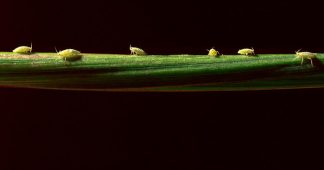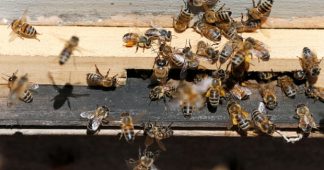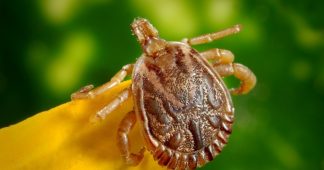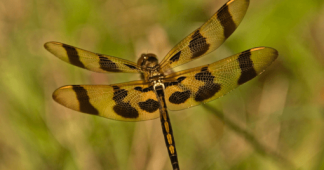By
The U.S. government’s Defense Advanced Research Projects Agency (DARPA) has been accused of trying to create a new class of biological weapons that would be delivered via virus-infected insects.
The Insect Allies program was announced by DARPA in 2016. It is a research project that aims to protect the U.S. agricultural food supply by delivering protective genes to plants via insects, which are responsible for the transmission of most plant viruses. Scientists believe loading the bugs up with viruses that would offer plants protective benefits could be one way of ensuring food security in the event of a major threat.
In an editorial published in the journal Science, a group of researchers led by Richard Guy Reeves, from the Max Planck Institute for Evolutionary Biology in Germany, says Insect Allies isn’t exactly what it says it is. Instead, they claim DARPA is potentially developing insects as a means of delivering a “new class of biological weapon.”
How Does Insect Allies Work?
There are many threats that could impact upon food security. This includes environmental disasters, natural pathogens and intentional attacks. Crop failure, for whichever of these reasons, has the potential to have devastating consequences—wheat and maize, for example, are relied upon by hundreds of millions across the globe for their basic nutritional needs.
Genetically altering a species to make it more resilient comes with problems. Introducing alterations directly into a species’ chromosome is slow, as the alteration must be passed down through generations before it takes hold.
Instead, scientists with DARPA are looking at introducing genetically modified viruses that can edit chromosomes directly in fields—these are known as horizontal environmental genetic alteration agents (HEGAAs).
The DARPA program is using the principles of HEGAAs but, unlike traditional methods of dispersal—like spraying fields with them—it wants to spread them through insects. At the moment, maize and tomato plants are being used in experiments and the insects being used for dispersal are leafhoppers, aphids and whiteflies.
Read more at https://www.newsweek.com/darpa-biological-weapons-insects-scientists-warn-1152834











